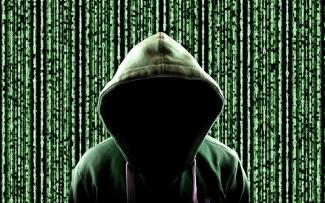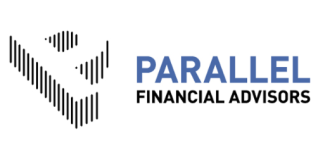
Protecting Yourself in a Digital World: The Importance of Cybersecurity
In today’s digital age, where we rely on the internet for almost everything, cybersecurity is more important than ever. Whether you’re shopping online, using social media, or just sending emails, cybersecurity helps protect your sensitive information from falling into the wrong hands. Let’s take a closer look at why it matters, some common schemes to watch out for, and what you can do to keep yourself safe.
Common Cybersecurity Schemes
Phishing Attacks: Cybercriminals are looking to work smarter – not harder. They want the most return for the least amount of effort. An effective tool to accomplish this goal is “phishing” – and it’s one of the most common types of fraud.
Phishing can occur in different ways – it may be an email, a text message, a website, or a live or automated phone call that claims to be from an official source. Cybercriminals send fake emails or messages that look legitimate, tricking you into revealing personal information or clicking on malicious links. Always double-check the sender's email address and look for signs that something isn’t right, like misspellings and poor grammar.
Like phishing, social engineering schemes involve identity thieves posing as representatives of businesses or government entities to manipulate people into sharing their information. A person might call claiming that there is some sort of urgent problem – perhaps your electricity will be shut off, or a bill has been sent to collections, or the IRA may require something from you. This person will tell you that time is of the essence and that you need to cooperate with them.
Ransomware: Picture this: your computer gets locked, and you receive a message demanding payment to regain access to your files. That’s ransomware at work. Keeping your software updated and backing up your data can help mitigate this threat.
So, what can you do to keep yourself safe? Here are some straightforward tips:
- Use Strong, Unique Passwords: Avoid using the same password across multiple sites. A mix of letters, numbers, and symbols is your best bet. Consider using a password manager to keep track of them.
- Enable Two-Factor Authentication: This adds an extra layer of security. Even if someone gets your password, they won’t be able to access your account without that second form of verification.
- Be Wary of Public Wi-Fi: While it’s tempting to use public Wi-Fi, it can be risky – you don’t know who else may be using it! If you must use it, consider using a Virtual Private Network (VPN) for added security.
- Regular Software Updates: Keeping your devices updated ensures that you have the latest security patches. This makes it harder for cybercriminals to exploit vulnerabilities.
- Educate Yourself: Stay informed about the latest cybersecurity threats. The more you know, the better prepared you’ll be to spot potential dangers.
Final Thoughts
In our constantly connected world, taking steps to protect ourselves online is crucial. With a little knowledge and some practical steps, you can significantly reduce your risk. Stay safe out there, and remember: a little caution goes a long way!
For further information, see this checklist from American Funds:
https://www.capitalgroup.com/advisor/pdf/shareholder/MFGEOS-372-1057500.pdf

